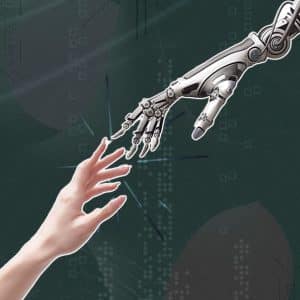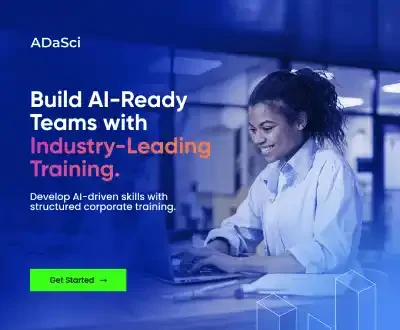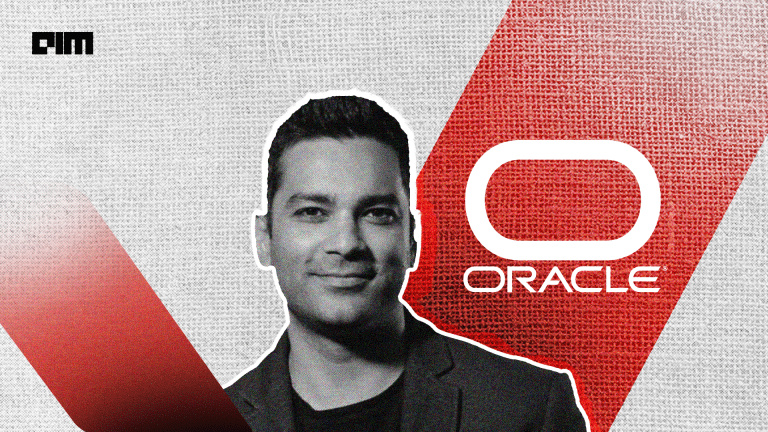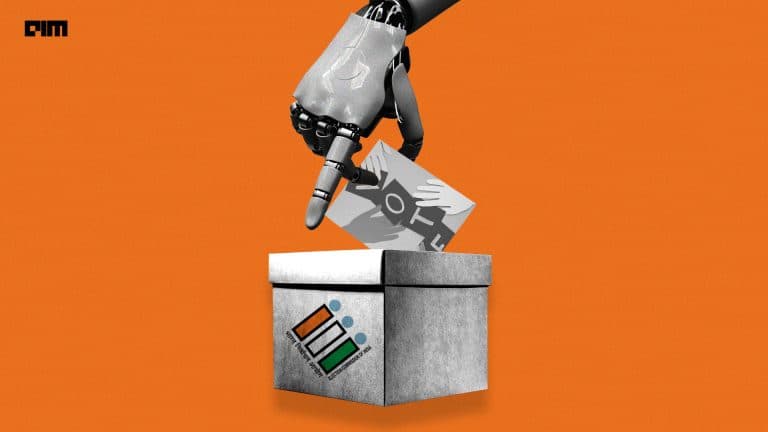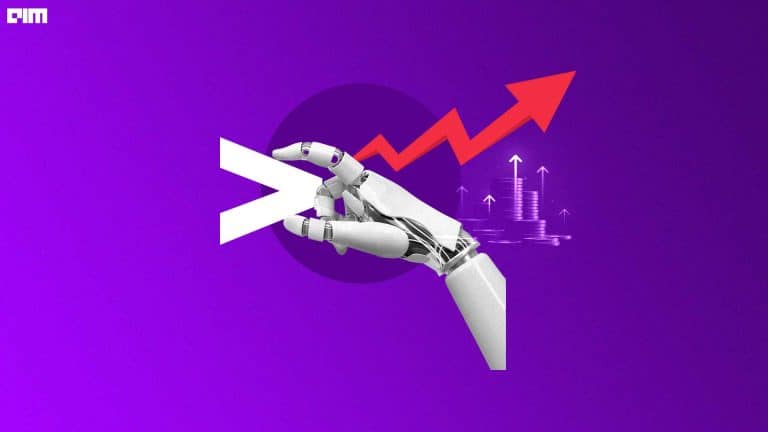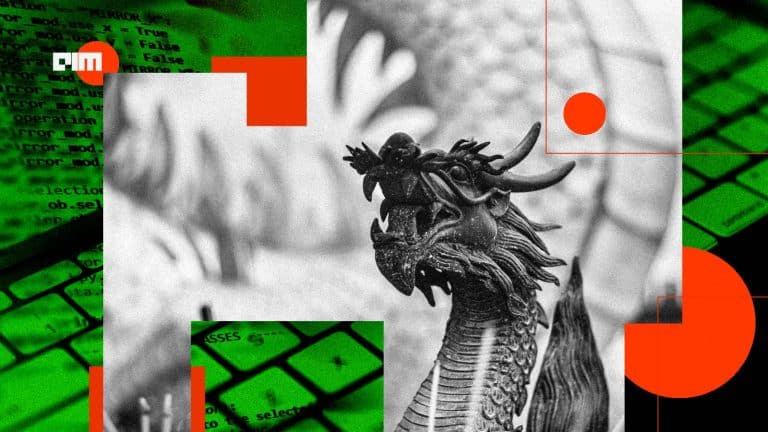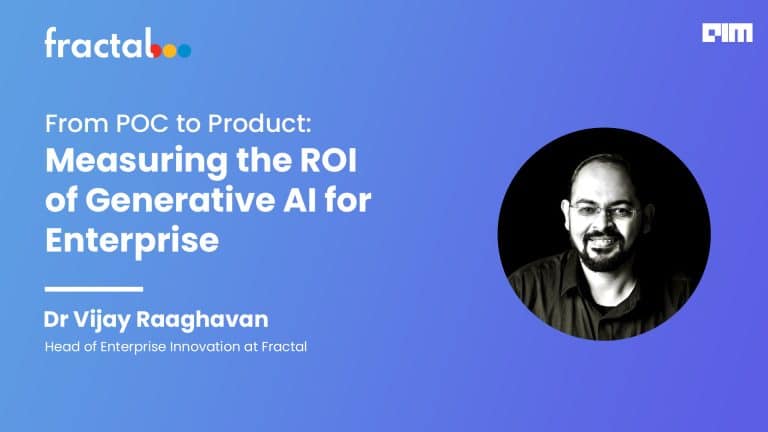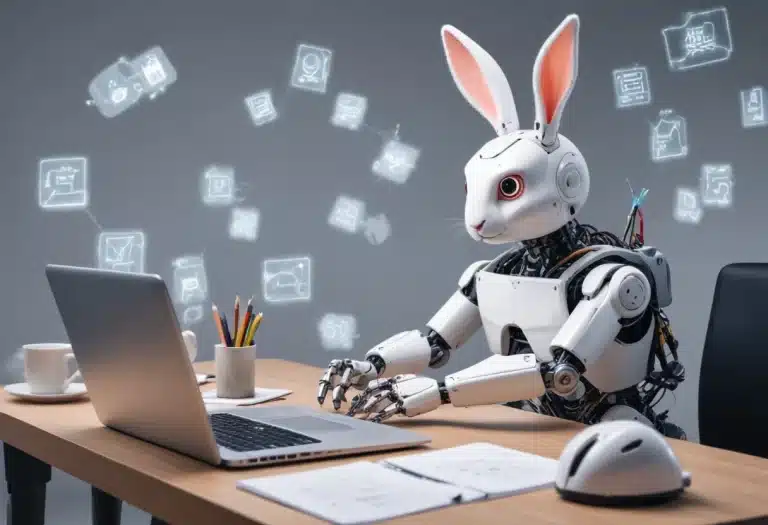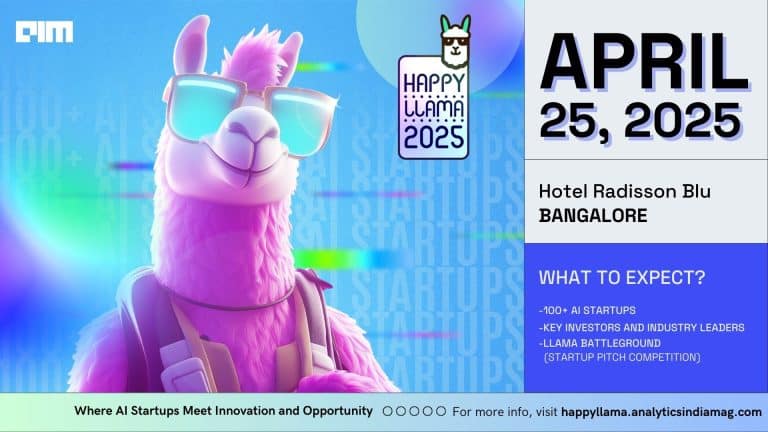Indian IT giants like TCS, Infosys, HCLTech, and Wipro have largely stayed away from building foundational AI models. This remained true even after the launch of China’s DeepSeek, which shook up the entire Western world. However, India’s focus has remained on adoption.
Now, things might finally change as AI tools are looking to make the future difficult for Indian IT firms, and they must rethink their strategies and invest in indigenous language models to remain competitive.
Speaking at an industry event in Mumbai, HCLTech CEO Vijayakumar C emphasised that AI’s disruption in IT services is unlike previous technological shifts such as cloud computing and digital transformation. “The changes AI is assuring are very different, and we need to be more proactive to even categorise our revenues to create completely new businesses,” he said.
Generative AI is expected to accelerate software development by automating coding and reducing project timelines. Vijayakumar pointed to a financial services firm where AI-driven efficiencies reduced the timelines of a $1 billion technology transformation program from five years to three-and-a-half years.
Highlighting the strategic need for India to build its own language models, he cautioned against over-reliance on foreign AI infrastructure. “We should not assume that these (language) models will continue to be open source. I think these are going to be the coins on which the geopolitics will be played off,” he warned.
Is it Really Needed?
Vijayakumar stressed that with declining costs of AI training, India must invest in economic ways to develop its own models. “I strongly believe that the business model is ripe for disruption. What we saw in the last 30 years was a fairly linear scaling of revenues and people. I think time is already up for that (business model),” he added.
Infosys CEO Salil Parekh echoed the call for agility, urging Indian IT firms to remain proactive in navigating AI-driven transformations. “I think we have to be paranoid. We have to be non-complacent. That is how we can manage to keep up with what’s going on in the industry,” Parekh said.
Tanay Pratap, YouTuber and founder and CEO of Invact Metaversity, while speaking to AIM earlier, stressed that AI coding tools and agents coming up in the market could threaten Indian IT employees.
“Thirty years of IT revolution in the country, but we still don’t know how to produce coders at scale,” Pratap said. He added that even when graduates come out of universities with a computer science degree in India and join IT firms, their ability to code still remains questionable.
Currently, the biggest exporter in India that contributes to the economy is the IT service companies. However, instead of having coders and programmers, these IT services support testing-related roles. “The whole business model [of Indian IT] is about exporting services like testing to global customers,” Pratap said, adding that this could be under threat.
Vijaykumar also believes that a large part of the IT industry is driven by input-based models. “People are delivering certain outcomes. We need to dramatically change the output.” He added that a lot of services that these firms deliver need to become platform-based from people-based.
This aligns with K Krithivasan, CEO and MD of TCS, who earlier pointed out that building LLMs has no huge advantage as the cost outweighs the benefit. He added that since most organisations in India are system integrators, companies need to use products as software and ensure that clients receive the benefits.
At the same time, he also agreed that building it for regional languages makes sense for democratising the technology.
Recently, discussions on a bustling Reddit thread titled ‘I don’t see any hope in the future of this IT industry’ centred around how AI is definitely stronger than humans and will get better with time.
What Should be Done?
Even though the IT firms have enough funds to make a foundational model, they won’t build one unless their clients ask them to or there is some requirement from their side. The whole idea of IT companies not building products might need to change completely if it needs to survive.
While TCS, Infosys, Wipro, and HCLTech have started developing agentic AI frameworks, small language models, and even drug discovery, their efforts remain focused on clients alone. These initiatives do not prioritise building foundational technologies for the country. Tech Mahindra built its Project Indus, the only foundational model emerging from an IT firm in India.
Infosys co-founders Nandan Nilekani and Kris Gopalakrishnan are still debating whether they need one. Gopalakrishnan earlier wrote on X that India needs to build its foundation model for a cultural and strategic economy, while Nilekani recently reiterated that a foundational model is unnecessary as long as use cases are built.
Meanwhile, several industry experts like Ajai Chowdhry and CP Gurnani earlier told AIM that it is important for Indian firms to build foundational models. It seems like it is finally going to take place with HCLTech’s change of plans.








